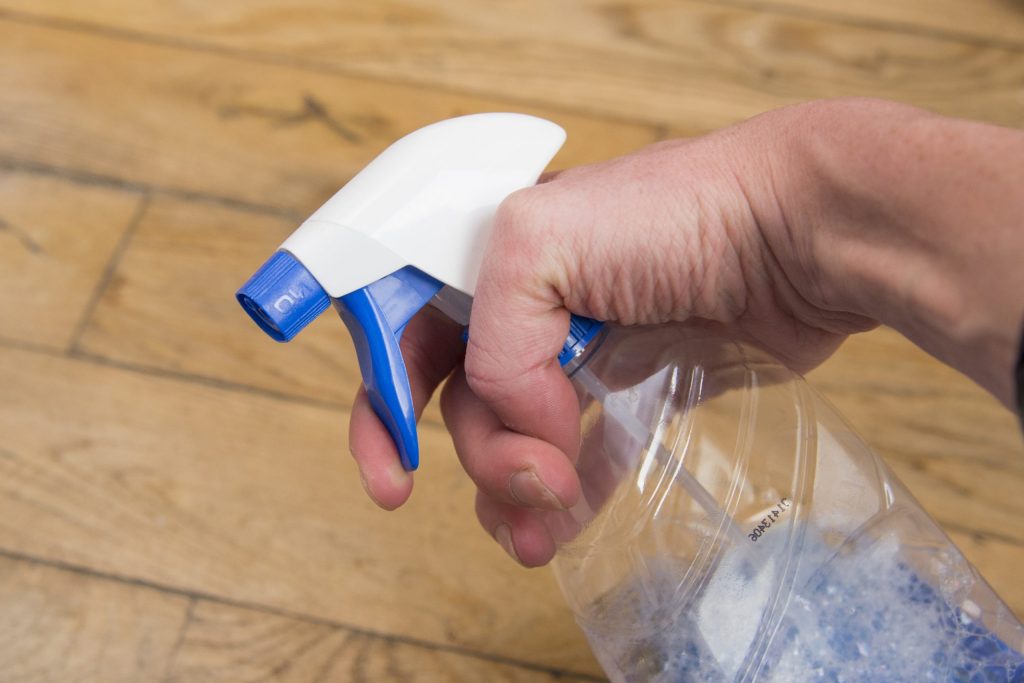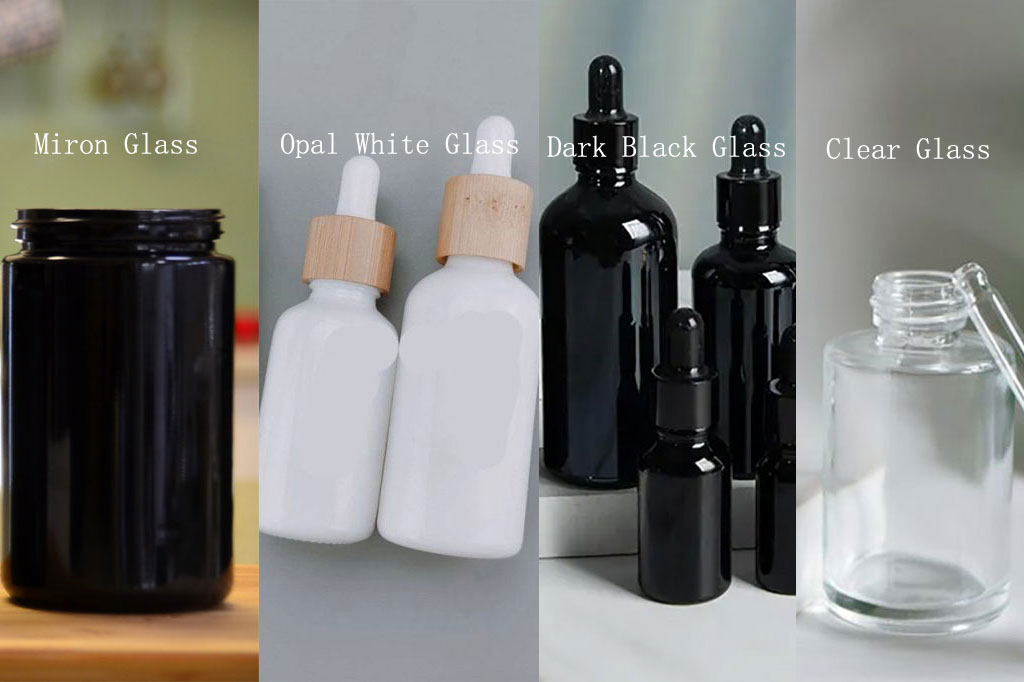Glass bottles have been a staple in packaging for centuries, valued for their aesthetic appeal, durability, and impermeability.
With advancements in technology, the methods of producing glass bottles have diversified, leading to a dichotomy between automated (auto) and hand-molded glass bottles.
This article explores these two methods to produce glass bottles, helping consumers and manufacturers make informed choices.
Automated Glass Bottle Production
Automated glass bottle production, also known as machine-made glass, involves the use of highly sophisticated machinery that can produce large quantities of bottles at high speeds. This method is prevalent in industries that require mass production, such as the beverage, pharmaceutical, and cosmetic sectors.

Advantages
- Consistency and Uniformity: Automated production ensures that each bottle is identical in shape, size, and weight, which is crucial for industries that require precise measurements for packaging and shipping.
- Efficiency: Machines can produce thousands of bottles per hour, significantly reducing the production time and cost per unit.
- Cost-Effectiveness: The cost per glass bottle is lower due to the efficiency and speed of mass production.
- Quality Control: Advanced automated systems are equipped with quality control mechanisms that detect and discard defective bottles, ensuring a higher overall quality.
Disadvantages
- Initial Investment: The cost of setting up an automated production line is substantial, making it less accessible for small-scale producers.
- Design Limitations: Automated machines may have limitations in producing intricate designs, which can restrict creativity and uniqueness.
Hand Molded Glass Bottle Production

Hand-molded glass bottles are crafted using traditional techniques where skilled artisans manually shape each bottle. This method is often used for high-end products or limited-edition releases where uniqueness and craftsmanship are valued.
Advantages
- Customization and Uniqueness: Each hand-molded bottle is unique, allowing for intricate designs and custom shapes that machines may not be able to replicate.
- Craftsmanship: Hand-molded bottles are often seen as works of art, with a level of craftsmanship and attention to detail that adds value to the product.
- Flexibility: Small production runs are more feasible with hand-molding, making it ideal for limited editions or specialized products.
Disadvantages
- Inconsistency: Since each bottle is made by hand, there can be variations in size, shape, and weight, which may not be suitable for all industries.
- Higher Costs: The labor-intensive nature of hand-molding makes each bottle more expensive to produce, which can be a deterrent for large-scale production.
- Production Speed: Hand-molding is significantly slower than automated production, limiting the number of bottles that can be produced in a given timeframe.
Choosing the Right Method
The choice between auto and hand-molded glass bottles largely depends on the specific needs and goals of the manufacturer:
- For Mass Production: Industries requiring large quantities of uniform glass bottles at a lower cost will benefit from automated production.
- For High-End or Specialty Products: Products that emphasize uniqueness, design, and craftsmanship are better suited for hand-molded bottles.




